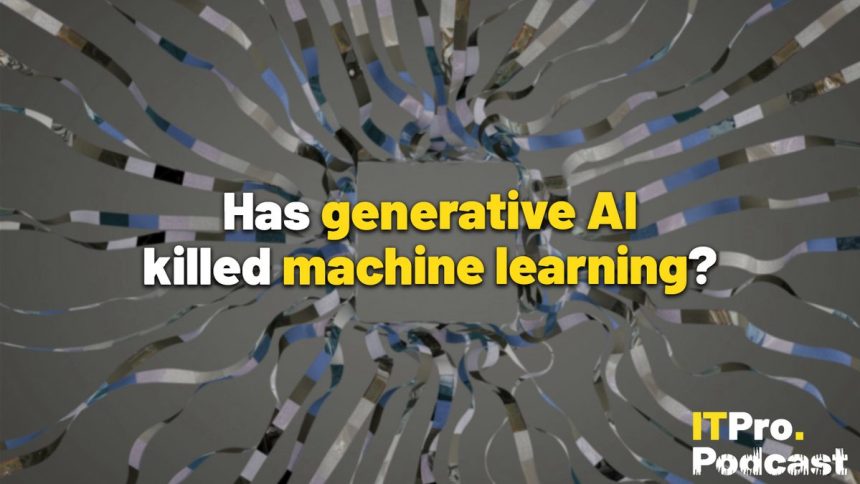As the sector embraces new AI models, what role can machine learning continue to play?
Machine learning (ML) has been a field of research for more than 50 years, and as a subset of artificial intelligence has also been the focus of great innovation in that time.
Many businesses use machine learning throughout their stack and some will have relied upon ML frameworks without realizing it. With the rise in popularity of newer forms of AI developments such as generative AI, however, some have questioned the extent to which traditional approaches such as machine learning algorithms still have a place in the tech industry.
In this episode Jane speaks to Sascha Heyer, senior machine learning engineer at DoiT, to explore whether ML still has a role to play in a world that is more interested in conversational AI.
“The future is always hard to predict, no one was expecting ChatGPT and GPT in general and I don’t know what’s happening next year. But I think we will have some more traditional machine learning projects for quite some time, especially because you can combine those traditional machine learning approaches with natural language model approaches.”
“Without large language models engineers had to consider various models, from simple linear regression to more complex ensemble models or deep learning models. And they had to adjust them, according to their use cases, which required a lot of manual steps.”
“If you’re just going a couple of months back before ChatGPT and then after ChatGPT it’s a completely different world on how you solve challenges with machine learning. But that doesn’t mean that traditional machine learning is obsolete. It still excels when a data set is small, use cases easy, interpretability is crucial, or when the use case is too individual to be solved with large language models.”



